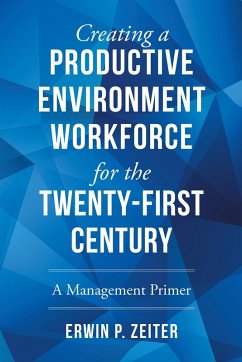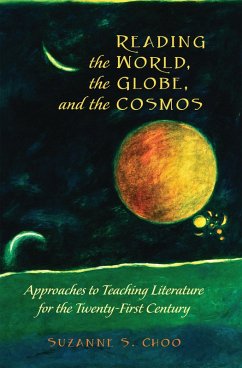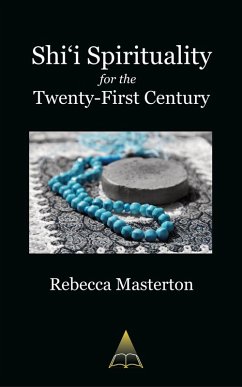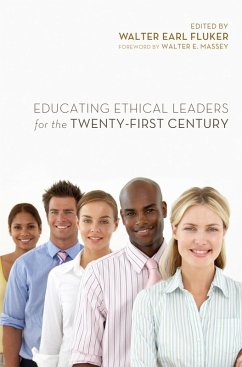
Teaching and Learning for the Twenty-First Century (eBook, ePUB)
Educational Goals, Policies, and Curricula from Six Nations
Redaktion: Reimers, Fernando M.; Chung, Connie K.

PAYBACK Punkte
13 °P sammeln!
This book describes how different nations have defined the core competencies and skills that young people will need in order to thrive in the twenty-first-century, and how those nations have fashioned educational policies and curricula meant to promote those skills. The book examines six countries-Chile, China, India, Mexico, Singapore, and the United States-exploring how each one defines, supports, and cultivates those competencies that students will need in order to succeed in the current century. Teaching and Learning for the Twenty-First Century appears at a time of heightened attention to...
This book describes how different nations have defined the core competencies and skills that young people will need in order to thrive in the twenty-first-century, and how those nations have fashioned educational policies and curricula meant to promote those skills. The book examines six countries-Chile, China, India, Mexico, Singapore, and the United States-exploring how each one defines, supports, and cultivates those competencies that students will need in order to succeed in the current century. Teaching and Learning for the Twenty-First Century appears at a time of heightened attention to comparative studies of national education systems, and to international student assessments such as those that have come out of PISA (the Program for International Student Assessment), led by the Organisation for Economic Co-operation and Development. This book's crucial contribution to the burgeoning field of international education arises out of its special attention to first principles-and thus to first questions: As Reimers and Chung explain, "much can be gained by an explicit investigation of the intended purposes of education, in what they attempt to teach students, and in the related questions of why those purposes and how they are achieved." These questions are crucial to education practice and reform at a time when educators (and the students they serve) face unique, pressing challenges. The book's detailed attention to such questions signals its indispensable value for policy makers, scholars, and education leaders today.
Dieser Download kann aus rechtlichen Gründen nur mit Rechnungsadresse in A, D ausgeliefert werden.













